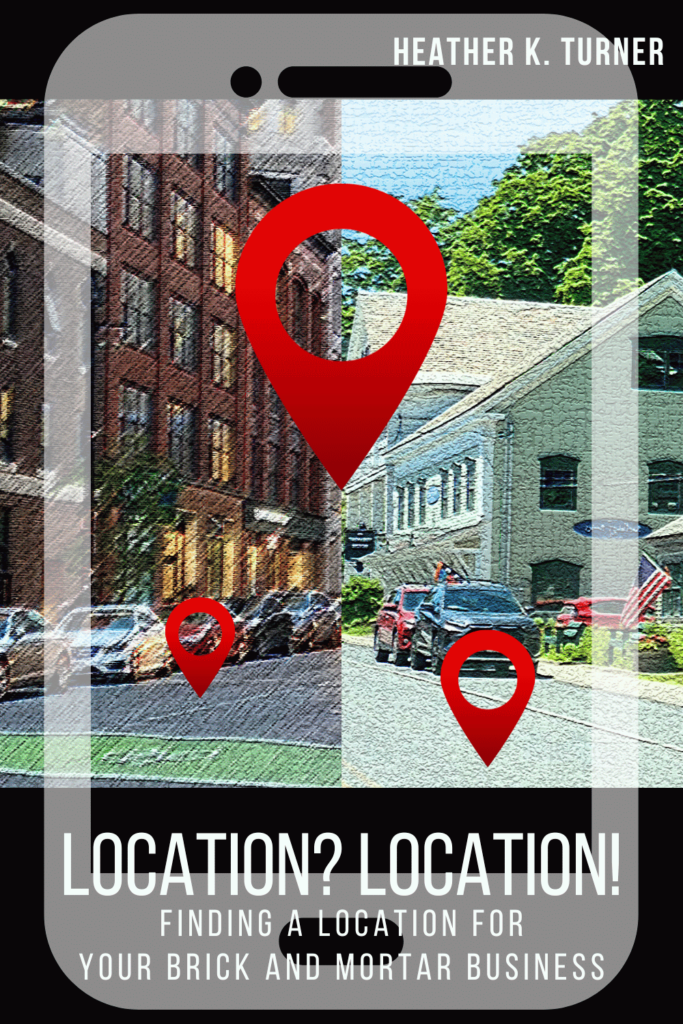Web Site Designers and DIY Website Builders for Bed and Breakfasts

Many of the reservations systems offer their reservations systems tied in with website development as well as companies that specialize in webdesign only. There are also hotel specific website designers, and many hundreds of smaller independents out there. Below is a list of “some” of the better known Bed and Breakfast specific web design companies out there.
Website Designers Specializing in the Hospitality Industry/Bed and Breakfast Industry:
- Acorn Internet Services
- BnBwebsites
- InnConcierge
- Innkeeper’s Advantage
- InnLight Marketing
- InsideOut Solutions
- White Stone Marketing
- WowiZowi Productions
Acorn Internet has put together a very good RFP (Request For Proposal) sheet that innkeepers can use if they are considering having a website built or redone. That can be found at http://acorn-is.com/pdf/questions-to-ask-a-web-company.pdf, and they have some additional pointers with videos at https://acorn-is.com/how-to-choose-a-web-company.htm that are very helpful.
Pricing for a good B&B website can range dramatically, anywhere from $2,500 up to $15,000, if bundled with additional options like photography, social media management and reservations systems.
Some key points to consider when choosing a website designer, many of them touched upon in Acorn’s sheet.

Make sure you own your website and it can be transferred. Some of the web developers out there own the content, and make it almost impossible to transfer to someone else to maintain. Some website options like YP (Yellow Page) websites, you don’t own the content, and you don’t own your domain name, and you can’t transfer content to someone else.
Many inns go with smaller local companies to save money, or because they prefer to work with someone locally. This unfortunately can have some downsides, the web developer may not have experience in the innkeeping industry and know what sells and what doesn’t. Many of the web design companies specializing in the B&B industry have hospitality backgrounds, including some who are former innkeepers. If you are using a unknown web developer, and there are some excellent ones out there, make sure they understand and get to know the industry first.
Don’t just ask for references and examples (make sure they are current live websites) from the web developer. Do a search on Google for the developer as well. Check out review sites, as well their social media accounts, like Facebook and Google+ where there may be reviews. You will get the best search returns if you Google their business name in quotes, so “Jane Doe Webdesign” and “janedoewebdesign.com”. Googling the phone number in quotes as well can also bring up additional results, “800-555-1212” and checking out the Better Business Bureau’s website doesn’t hurt.
http://openlinkprofiler.org and https://moz.com/researchtools/ose/ are two free sites you can use to check who links back to the web designers. Find out who else they did website designs for prior, and make some phone calls. The references they give are going to be the happy customers who will give them sterling reviews. Make sure you do your homework first, it’s a huge outlay of money to spend, plus you need to know whether a promise to finish a website in 3 months, when you officially open your doors to the public for the first time, is really going to be ready and online by then.
Look at the sites they have done, the ones in the online portfolios and the ones you have found in search. Do you like any of them? Bookmark ones you like for reference, even if you don’t use the designer, it can help whoever you do end up with get an idea of your preferences.
If a web developer offers to set up, as well as maintain your social media channels, check out their own social media channels first, before handing over the reins to them. Do they have quality followers? Are their own accounts optimized? And even being used?
Fans and followers on Facebook, Twitter and Instagram can be bought, but it’s fairly easy to see whether the account has invested in “junk” followers, a Facebook page with posts, won’t have any likes or comments on posts. With Instagram and Twitter, you can look at the followers themselves, and its easily apparent they are fake/spam accounts.
If they do offer to manage your social media, a couple of things to be cognizant of; have they managed other B&B Accounts before, and ask them for references for them. What kinds of things are they going to post, and what is the plan for what they will do if your business accounts get trolled, or you have a problem customer to deal with? Unless you completely trust their judgement, you should see all posts before they are made public.
Keep in mind giving them access to your accounts also means they can delete your social media accounts, and those are not recoverable. It has happened where management and marketing companies have deleted social media accounts they have access to, if a rift happens between themselves and the business. If you do want to allow them access to your Facebook account to post, make sure they have “Editor” access only. Just because a Facebook Business account can now be recovered within 14 days of being deleted, if someone has admin access to the page, they can easily kick you off as “owner” of the page, and then you don’t have the access to “undelete” it.
One other key point to note when using a web designer for a new site or redesign. Make sure you own and have access to your domain name. The domain renewal should go directly to you. Web designers may need access to the domain name in order to repoint DNS settings, or add email or other settings depending on hosting services, but if you give them access, make sure you check after the changes have been made that all of the information in there is exactly as you left it, and change your password. They do not need ongoing access to your domain, and there have been many cases of a domain name being held hostage, or a company going out of business, and domain name access becomes inaccessible.
If you do have a friend, relative or other person you trust to do the domain name registration and renewals, make sure you have emergency access to the domain registrar, just in case, and find out what their plan is if anything should happen to them.
A few additional questions to ask references (supplied by the designer or by references found on the web)
- Do they only talk in “Geek Speak” and will they explain things in laymen’s terms?
- Do they quickly respond to emails and phone calls?
- If they offer bundling of services, what are their strengths and weaknesses?
- Are they amicable to suggestions from the B&B? While most professional web designers know what works, and what is possible and impossible, having some input in the finished product is extremely important.

DIY (Do It Yourself) Website Builders
While we recommend going with a web developer who knows the B&B industry to develop or redo your website, we do know that in many cases, B&Bs may not have the budget to do, or redo a site for several years unless they can specifically save up for it, or have the funds in hand. With the growing importance of travelers needing to be able to view a B&B’s website on their mobile devices, as well as a site’s mobile presence impacting Search Engine Optimization, sometimes a DIY site may be the only option in the interim of getting it professionally done.
Stay away from sites where you don’t own your own site or domain name. Be aware of addons. A free site may give you free hosting, but cost you extra to point a domain name (that you have already paid for) to it, or there may be additional fees for addon options.
Here are some of the mobile friendly, free (but some with paid options) and affordable options for DIY websites out there.
- Dudamobile
- Godaddy
- Inmotion
- Jimdo
- Squarespace
- Strikingly
- Voog
- Webs
- Weebly
- Wix
- WordPress (for more tech savvy individuals)
- Yola
If you decide to go the WordPress.org website route, make sure you buy a template from a legitimate company, https://www.elegantthemes.com, https://themeforest.net, https://themify.me and https://mojomarketplace.com are some of the best places to find themes. While there are thousands of themes out there, many of them free, they may not be safe to use, and have backdoors in the themes that can let your site get hacked. Be very wary of installing plugins as well, unsafe plugins as well as ones incompatible with the most current WordPress updates can cause huge issues with your website.
Make sure if you are maintaining your own WordPress site you also investigate how to back it up, if your hosting backs it up and make sure you back up any time you have made changes to it, or before installing any major updates. WordPress and plugin upgrades have been well known to crash a website.
In looking at WordPress themes look at the ratings and any complaints people have, its also wise to demo a theme as well in advance of purchasing it if possible. While most themes are under $100, many of the theme designers have “samples” up that are done by professionals. Someone with just enough knowledge to navigate and edit a basic WordPress site may know just enough to customize the theme but not to get to the point of the “sample” done up by a designer and may be rather disappointed that the template they buy doesn’t end up looking like they thought it would.


